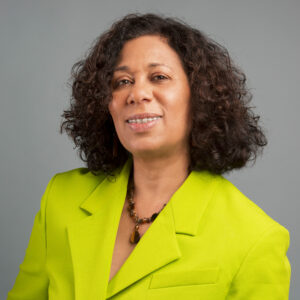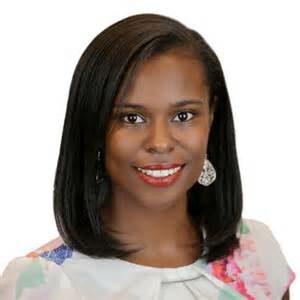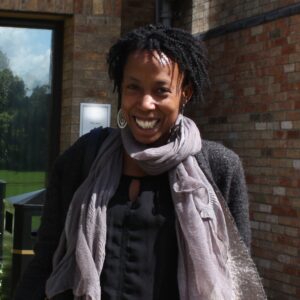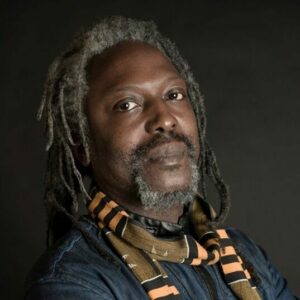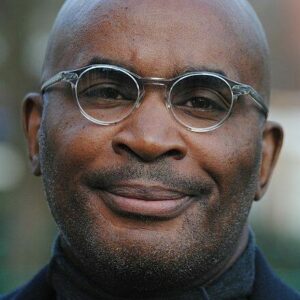
Jesus Dub: Doing Theology for the Black Church in music, film and art
Prof Robert Beckford, University of Winchester
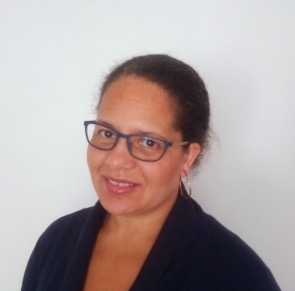
‘Liv Good’: The Intersectionally Just Good Life, an African/Caribbean Perspective
Dr Gabriella Beckles-Raymond, SOAS
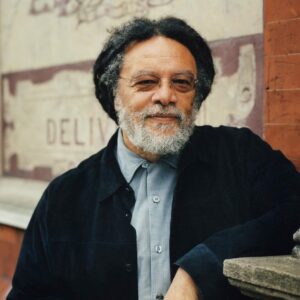
Keynote Lecture: “The undead rebel spirit of the long 1970s”
Prof Paul Gilroy, University College London
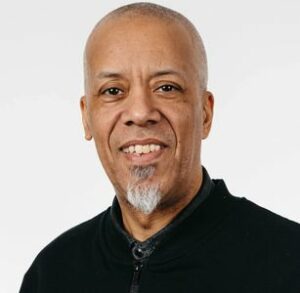
Reggae Theatrics: Dub poetry, Words, Sound, Power and Resistance
Dr Martin Glynn, Birmingham City University
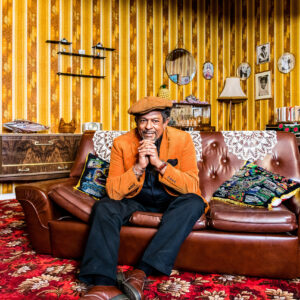
The Front Room: Diaspora migrant aesthetics in the Home
Dr Michael McMillan, University of the Arts London
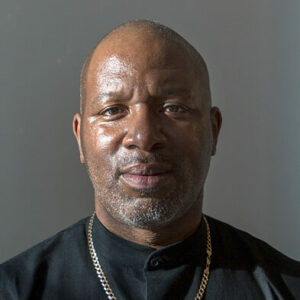
Dancing multiple identities: reggae/ dancehall culture, dance, movement and visibility
Dr ‘H’ Patten, IRIE! Dance Theatre

Reflections on Terraformed: Young Black Lives in the Inner City
Dr Joy White, University of Bedfordshire
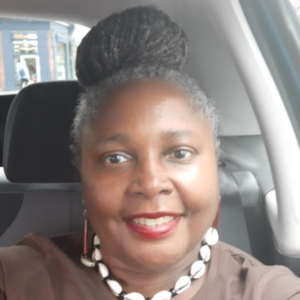
Looking Ahead: Caribbean community and identity in the fifth generation
Dr Audrey Allwood, Goldsmiths
Chairs
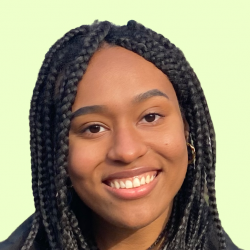
Maya McFarlane is a third year student at Pembroke College studying Human, Social and Political Sciences. She specialises in Sociology and is the former Women’s and Non-Binary officer for the SU BME Campaign and undergraduate Ethnic Minorities officer for Pembroke College. Maya recently won the George Bridgetower essay competition for her intervention on the role of the University in supporting and enhancing the qualitative experiences of Black students.
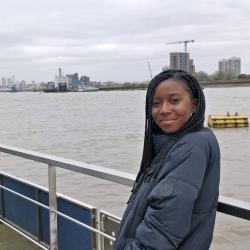
Annoa Abekah-Mensah is an undergraduate student at Wolfson College studying Human, Social and Political Sciences and the current WCSA BAME Representative. Born and raised in South-East London and of Ghanaian heritage, her particular areas of academic interest include postcolonial, Pan-African and Marxist international relations theory and the intersectionality of race and class. This interest, as well as her involvement in Wolfson College’s ‘Let’s Talk About Race and Racism’ Working Group, led her, with other students, to produce the podcast Shade in Cambridge.
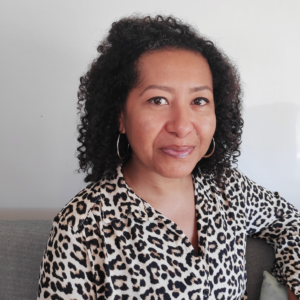
Jenni Skinner is the Library Manager of the African Studies Library, and spent the formative years of her career in librarianship at the Social & Political Sciences Library (2002-2015), University of Cambridge. The African Studies Library supports the research and teaching needs of the University’s Undergraduate and Postgraduate study of Africa. Jenni works closely with the Centre of African Studies to promote research from and on Africa, acting as a community hub for students, researchers, and the public who have connections to, and an interest in Africa and her diaspora.
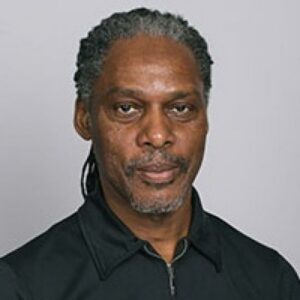
Prof William Lez Henry was born in the London borough of Lewisham, of Jamaican Parentage and is Professor of Criminology and Sociology, University of West London and is the Course Leader for the MA: Global Black Studies, Decolonisation and Social Justice. He is the British Reggae Deejay Lezlee Lyrix and is a writer, poet and community activist who is renowned as a first-rate public speaker. He has featured in numerous documentaries and current affairs television and radio programmes and lectured nationally and internationally on behalf of private and public institutions.
Convenors
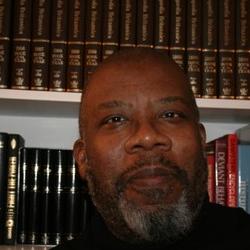
Lead Convenor
Dr Kenny Monrose is a researcher at the University of Cambridge in the Department of Sociology and a Fellow of Wolfson college Cambridge. He is the lead researcher on the Black British Voices Project at Cambridge Sociology. Dr Monrose is the author of Black men in Britain: an ethnographic portrait of the post Windrush generation. The book engages with an invisible population of Black men who grew up during 1970s and 80s post-industrial Britain, and as part of an environment that rendered them irrelevant and indistinguishable.
His doctoral thesis was a qualitative study centred in East London, examining the life course of maturing black men, with a focus on criminal preclusion and non-criminal participation. He is an affiliate at The Centre for Screen & Film within the Faculty of Modern & Medieval Languages & Linguistics, and a member of Centre for the study of Global Human Movement at the University of Cambridge.

Co-convenor
Isabelle Higgins is a PhD candidate in the Sociology Department at the University of Cambridge. She holds a double first-class honours degree in Sociology and Social Anthropology from the University of Cambridge, and a master’s degree in the Sociology of Marginality and Exclusion. Her current research, which she began as an undergraduate, focuses on examining the ways in which intersectional inequalities are reproduced in digital environments.
Isabelle has received a number of awards as an undergraduate and a postgraduate for her academic work. She is also the recipient of a creative writing award from the National Centre for Writing. She is working on a novel which draws on her experiences growing up mixed-race in rural Derbyshire in the 1990s, as well as wider experiences of her Afro-Caribbean family over three generations.
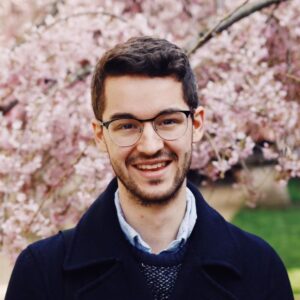
Co-convenor
Joe Cotton is the communications co-ordinator at the Race Equality Network, University of Cambridge. He has previously supported communications at Decolonise Sociology, Black Cantabs, the End Everyday Racism campaign and the Black British Voices Project, and is a steering group member of the Black Advisory Hub. His MPhil dissertation investigated the decolonisation movement at Cambridge during its peak in 2017-18, and he is currently supporting the creation of the new Camdecolhub online archive.

